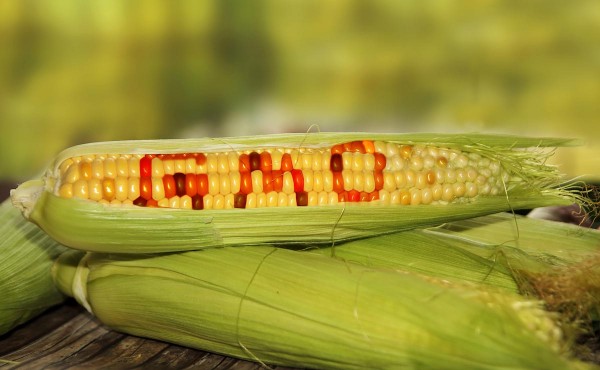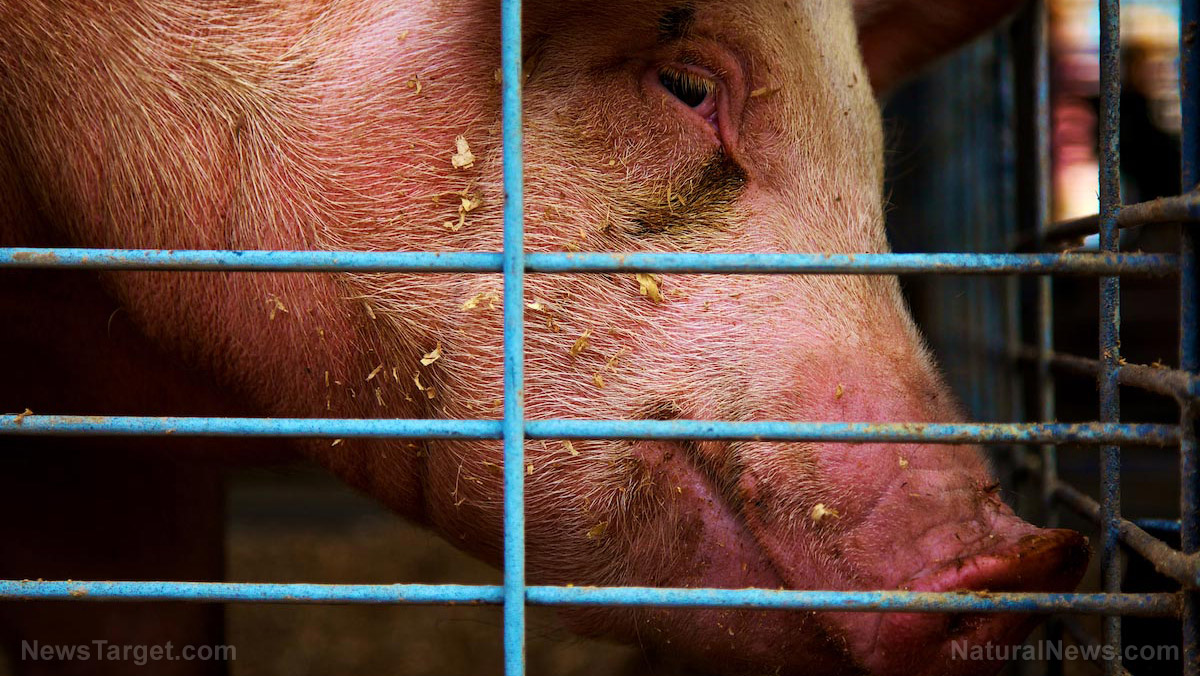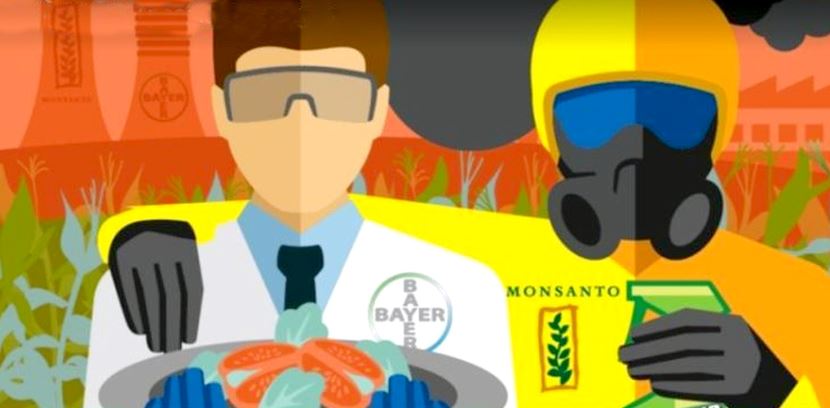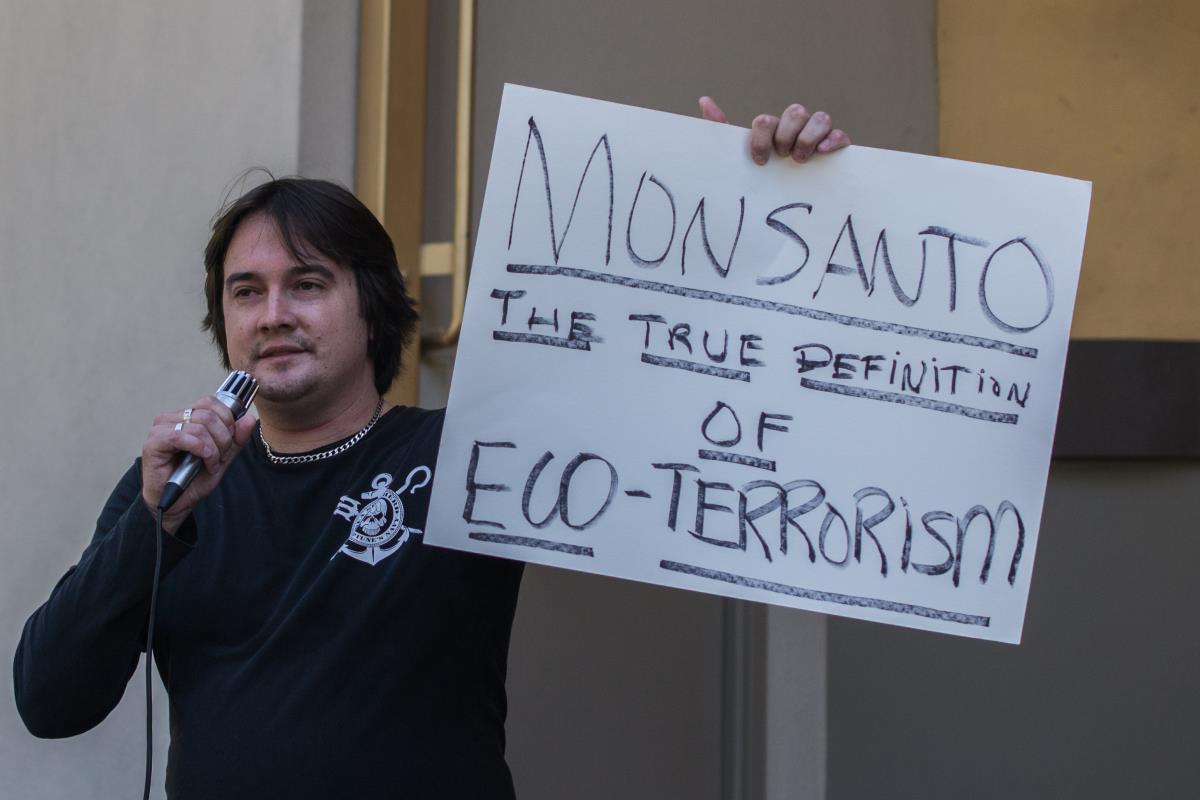Huge threat to scientific freedom: Scientists under attack after exposing industry secrets about GMOs
01/27/2017 / By David Gutierrez

The integrity of science is founded upon the ability of researchers to freely ask questions without fear of retribution. But does this freedom actually exist?
Not for those who challenge powerful industries like biotechnology and genetic engineering, warns the award-winning documentary Scientists Under Attack: Genetic Engineering in the Magnetic Field of Money, by German director Bertram Verhaag.
“One question means one career,” says UC Berkeley Professor Ignacio Chapela, one of the scientists featured in the film. “You ask one question, you get the answer and you might or might not be able to publish it; but that is the end of your career.”
The lie of safe GMOs
The other scientist featured in the film is Dr. Arpad Pustazi, a world expert on the plant defensive chemicals known as lectins. In 1998, Pustazi did a television interview in which he spoke of forthcoming research showing that rats fed potatoes genetically modified (GM) with a lectin from snowdrops grew poorly and had immune dysfunction compared with rats fed unmodified potatoes. (RELATED: Follow more news about GMOs at GMO.news)
According to some commentators, the controversy that erupted played a key role in turning British public opinion against GM foods. It also destroyed Pustazi’s career.
Pustazi noted that the results of his research could not be explained by the lectins themselves, which showed no ill effects in rats even at very high doses. He suggested that the genetic modification had caused some other change in the potatoes, perhaps reducing their nutritive value.
The biotech industry went on the attack. Newspaper articles published a false claim that the potatoes had been modified from a poisonous jack bean — a claim that GM scientists use to discredit the research to this day. This lie was later repeated in a press release by the Rowett Research Institute, Pustazi’s employer.
The institute fired Pustazi, seized his research, and banned him from speaking publicly. The Royal Society conducted an “analysis” of raw data, not intended for publication, and declared it invalid.
The study was later published using only data collected by co-researcher Stanley Ewen, who did not work for the Rowett. Because of the controversy, the paper received three times the normal number of peer reviewers. It was approved, and published in the prestigious journal The Lancet.
But Pustazi’s career in science was over. “I would have characterized [his treatment] as disgraceful,” Ewen said. “I don’t see how any reputable scientist … could be treated in this way.”
Proof of GMO pollution
Chapela’s case, while less influential, has been widely regarded as an example of the intersection between politics and science, and actually began years before his groundbreaking research was published. In 1997, Chapela created a media scandal by publicly opposing an agreement between the University of Berkeley (his employer) and biotech company Novartis (his former employer). Under the agreement, Novartis would “donate” $500,000 in exchange for the rights to a third of the university’s biotech research.
“My gut reaction was that the company was trying to buy the university,” Chapela said.
Then in 2001, Chapela published an article in Nature showing that genes from GMO corn (maize) grown in the United States were present in wild maize in Oaxaca, Mexico, in the very area where maize had initially evolved. This implied that hundreds of species and thousands of years of genetic diversity were at risk.
The Mexican government itself went after Chapela, with both agriculture and biosecurity officials trying to stop the article’s publication. When that failed, two of the people who had supported the Berkeley-Novartis deal sent letters to Nature attacking Chapela’s research. Nature published a statement just one step shy of a retraction, and urged Chapela to recant. But he stood by his research.
When Chapela came up for tenure in 2003, he was unanimously recommended by the tenure committee, but the university still denied him. Following public outrage, he was eventually granted tenure in 2005.
He would be vindicated again in 2009, when another researcher published a study in Molecular Ecology confirming the presence of transgenes in Mexican maize.
“It is good to see this…but it took seven years,” Chapela noted.
Follow more news about the corruption of science at Scientific.news.
Sources for this article include:
Tagged Under: biotechnology, GMOs, intimidation, science freedom, scientific bullying


















